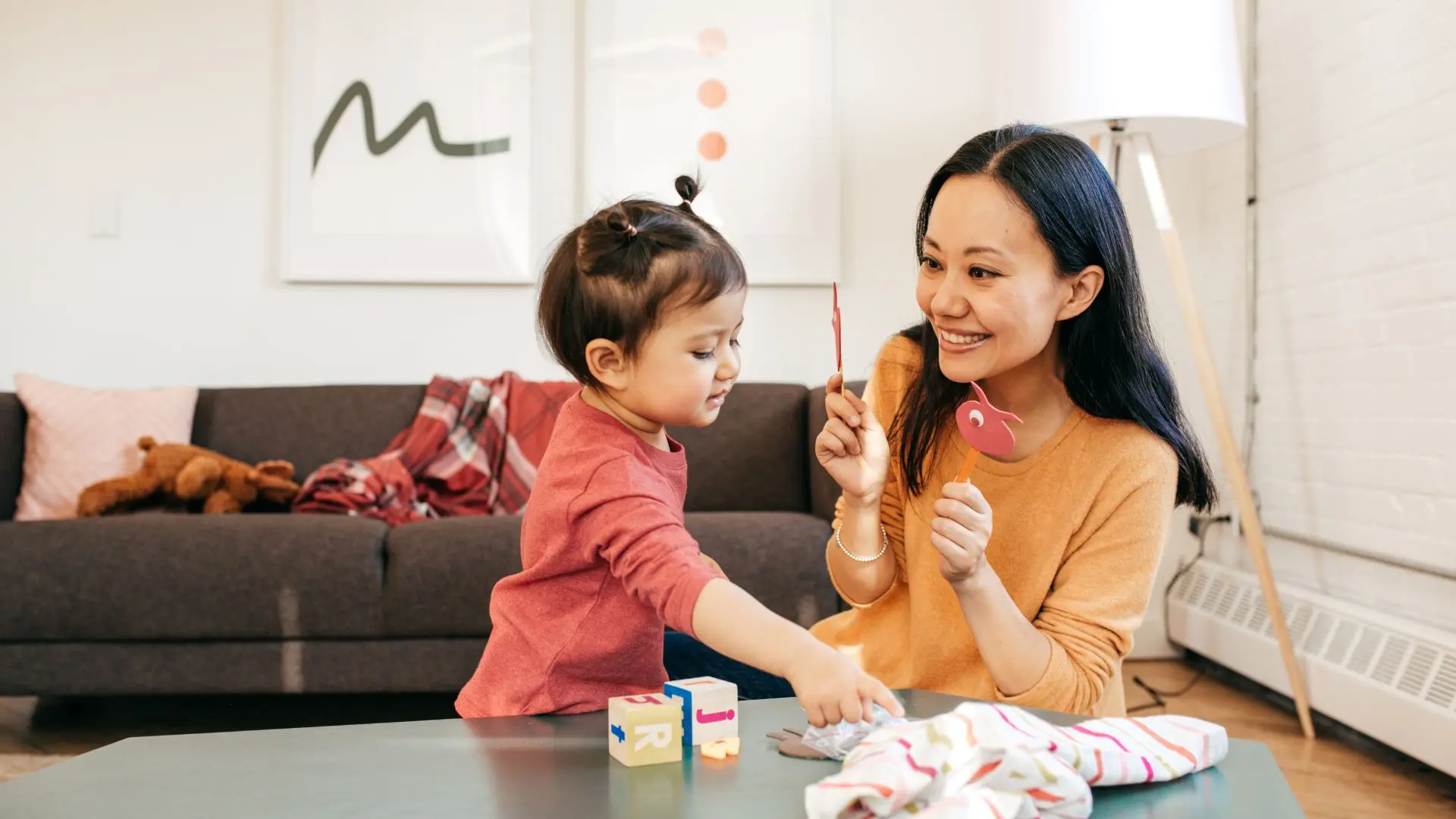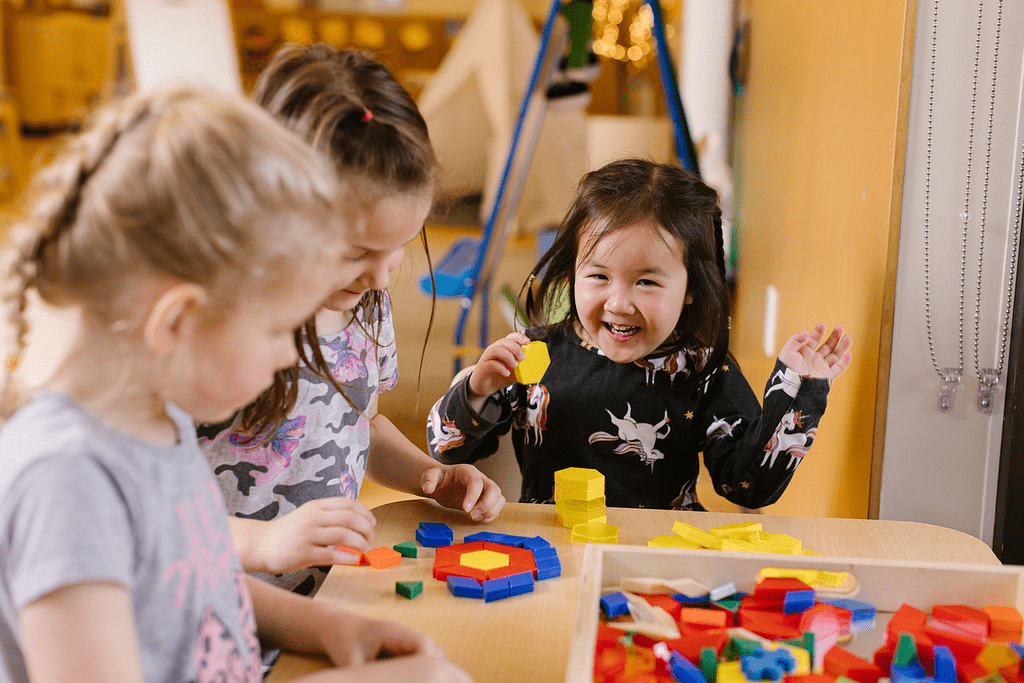Healthy Sleep Habits for Children of All Ages
Written by Dr. Rachel Kramer, Child Psychologist and Consultant to the LEAP Schools.
Often in mid to late August I find that parents in my practice are experiencing a tension between wanting to soak up every minute of the final weeks of summer and needing to look ahead and plan for the start of the school year. An important piece of this planning is for parents to think about family sleep habits and how to support healthy sleep schedules for the upcoming school year, particularly because of the important role that sleep play in supporting social and emotional well-being. For many families, bedtimes and/or wake-up times shift later over the course of the summer. By thinking ahead now, prior to the beginning of school, parents can plan for a gradual transition to what for many will be an earlier wake up time, and therefore an earlier bedtime, during the school year.
To begin this process, think about a realistic wake-up time that will allow ample time for your child’s morning routines. Based on this wake-up time, make a plan about an ideal bedtime given the total amount of sleep your child needs. The American Academy of Pediatrics makes the following sleep recommendations:
| Age | Recommended Hours of Sleep (per 24-hour Period |
| 4-12 Months | 12-16 hours, including naps |
| 1-2 Years | 11-14 hours, including naps |
| 3-5 Years | 10-13 hours, including naps |
| 6-12 Years | 9-12 hours |
| 13-18 Years | 8-10 hours |
Note that these recommendations are presented as a range. Parents should consider the temperament, energy level, and activity level of each child to help determine how many hours of sleep they need each night.
Next, assess your child’s current summer bedtime and how far off you are from their ideal school year bedtime. Assuming your child’s current bedtime is later than you would like it to be, make a plan to start shifting bedtime earlier by 15 minute increments at least a week prior to the first day of school. For younger children, you may be able to do this without a lot of fanfare – the adults
can simply execute the plan by starting your bedtime routine 15 minutes early for a couple of nights, then 15 minutes early than that for a couple of nights, and so on.
For tweens, teens, or a school-aged child who is very aware of time and/or highly sensitive to change, provide a practical, factual explanation of upcoming changes. While some children will be fine with caregivers talking about changes in sleep routines as explicitly related to the start of school, note that you do not necessarily need to tie these changes to the start of school if you feel it will not be helpful for your child. Instead, you can just inform your child that your family is making a change.
- “One of the important ways that we keep our bodies and our brains healthy is by getting enough sleep. We’re going to make some changes to our evenings so everyone is getting in bed a little earlier.”
- “Your body has been so well-rested this summer. Getting enough sleep is an important part of taking good care of your brain and your body. Let’s research information about how much sleep kids need at your age, then we can make a plan about bedtime.”
- “I know you’ve been enjoying staying up later this summer. School starts in 10 days, so we need to make a plan to help your body and your brain be ready for your school year wake-up time. I get it if you don’t love hearing this. Let’s work together to figure out a plan.”
Mid to late August is also a good time to establish good sleep hygiene for everyone in your family – that is, employing evidence-based strategies to develop healthy sleep habits, including:
- Create a calm, predictable bedtime routine. Parents of younger children often have a well-established routine – for example, bath or shower, brush teeth, pjs, stories and/or songs, lights out. Establishing a soothing bedtime routine is helpful for people of all ages, even teenagers and adults. Caregivers can explain to tweens and teens that a peaceful bedtime routine helps the body feel calm and ready for sleep. If your tween or teen does not currently follow a routine at bedtime, brainstorm together about restful activities for before bed such as reading, listening to a relaxing playlist or meditation app, or doing gentle bedtime yoga.
- Turn off all electronic devices ideally 60 minutes (but at least 30 minutes) prior to bedtime. Preferably, children and younger adolescents should park their devices with parents 60 minutes prior to bedtime.
- Remove phones, tablets, and other electronic devices from bedrooms. If you have an older adolescent and you have decided to allow devices in the bedroom, talk with your child about the reasons that devices should be set to silent or do-not-disturb mode 30-60 minutes prior to bedtime.
- Provide a quiet, comfortable space for sleep that’s not too warm.
- Remind your child or teen that beds are for sleeping. Ideally, beds should not be used for activities such as reading, doing homework, or using devices. We want the body to associate being in bed with sleeping. If your child typically likes to study or use devices in bed, brainstorm with them to find other cozy, quiet spaces at home where they can comfortably engage in these activities.
- Exercise daily and, if possible, spend time outdoors every day. If your child likes to be active or rough after dinner, be sure that dinner is early enough to allow ample time between energetic activity and transitioning to a calm bedtime routine.
Often caregivers ask me about a tween or teen who does not follow these guidelines for sleep hygiene – for example, a child that watches shows on their phone in bed right up until an hour before bedtime – but who seems to be sleeping well. If that is your situation and you feel comfortable with the way things are now, please don’t feel the need to make any drastic changes. I’d recommend presenting your child with facts and information about sleep hygiene and explaining to them, “Right now this piece doesn’t seem relevant to you, but I want you to have the information so that if you ever experience trouble sleeping, you’ll have a sense of steps you can take to support healthy sleep.”
Good luck with the start of school!
You May Also Like

Managing Life's Transitions

Responding to Your Child’s Behavior




